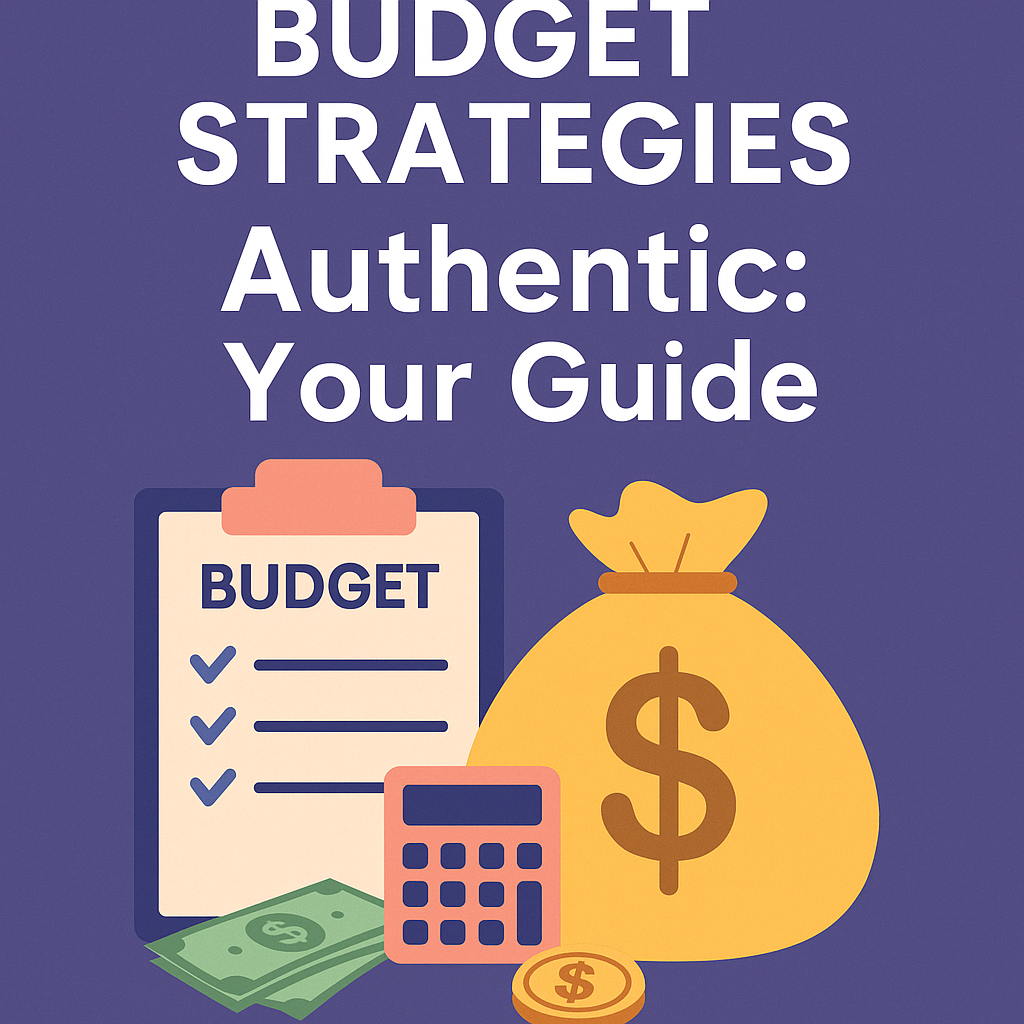Household Budget Strategies That Work: Stop Wasting Money & Start Building Wealth


household budget strategies Authentic: Your Guide, Master your money with our guide to practical household budgeting strategies. Learn how to track spending, save effectively, plus attain your financial aspirations through smart expense tracking plus diligent budget planning. A well-structured budget is the cornerstone of sound personal finance management, paving the way for debt reduction plus the realization of long-term financial goals.
household budget strategies
Creating plus maintaining a household budget can seem daunting, however breaking it down into manageable steps makes the process less intimidating. The foundation of any successful smart money management rests on understanding your income plus expenses. Accurately calculating your monthly income, considering all sources, is the first crucial step. Then, meticulously track your spending over a period of at least one month to get a clear picture of where your money is going. This tracking process allows you to identify areas where you can potentially cut back plus redirect funds towards your financial goals.
Understanding Your Income plus Expenses
Before diving into specific budget planning tips, it’s vital to categorize your expenses. Fixed expenses, such as rent otherwise mortgage payments, loan repayments, plus insurance premiums, remain relatively constant each month. Variable expenses, like groceries, utilities, transportation, plus entertainment, fluctuate. Differentiating between these types of expenses enables you to focus on managing the variable ones, where you often have more control. Modern budgeting apps plus software can significantly simplify this process, automatically categorizing transactions plus providing insightful reports on your spending habits.
Effective Budget Methods
Several effective budget methods can be tailored to your individual needs plus preferences. The 50/30/20 rule is a popular plus straightforward approach, allocating 50% of your income to needs (essentials), 30% to wants (discretionary spending), plus 20% to savings plus debt repayment. Another method is the zero-based budget, where every dollar is assigned a purpose, ensuring that your income minus your expenses equals zero.
This method requires more detailed planning however provides greater control over your finances. Envelope budgeting, where you allocate cash to different spending categories, can be particularly helpful for controlling variable expenses plus preventing overspending. New financial planning tools are incorporating AI to provide personalized budget recommendations plus automated expense tracking, making budget planning more efficient plus data-driven.
Budget Planning Tips for Maximizing Savings
Once you’ve chosen a budget method, implementing practical money saving techniques is key. Start by identifying areas where you can minimize unnecessary spending. Consider negotiating lower rates for services like internet, cable, plus insurance. Meal planning plus cooking at home more often can significantly lower your grocery bills. Take advantage of discounts, coupons, plus loyalty programs to save on everyday purchases.
Automating your savings by setting up recurring transfers to a savings account ensures that you consistently contribute towards your financial goals. Evaluate your subscriptions plus memberships regularly, cancelling those you no longer employ otherwise need. Gamification elements are being introduced into some personal finance apps, rewarding users for reaching savings milestones plus engaging in positive financial behaviors.
Debt Reduction Strategies
Debt can be a major obstacle to achieving your financial goals. Prioritizing debt reduction is crucial for long-term financial well-being. There are two main strategies for tackling debt: the debt snowball method plus the debt avalanche method. The debt snowball method involves paying off the smallest debt first, regardless of interest rate, to gain momentum plus motivation. The debt avalanche method focuses on paying off the debt with the highest interest rate first, which saves you money in the long run.
Consider consolidating towering-interest debts into a lower-interest loan otherwise balance transfer credit card to minimize your overall interest payments. Explore options like debt management plans offered by reputable credit counseling agencies. Innovative fintech solutions are now offering personalized debt repayment plans based on individual financial situations, incorporating predictive analytics to optimize payoff strategies.
Tracking Expenses Effectively
Accurate expense tracking is essential for staying on track with your budget. Manually tracking expenses using a notebook otherwise spreadsheet can be effective, however it can also be time-consuming. Utilizing budgeting apps otherwise software automates the tracking process, providing real-time insights into your spending habits.
Most apps connect directly to your bank accounts plus credit cards, automatically categorizing transactions plus generating reports. Regularly review your spending data to identify areas where you can further minimize expenses plus make adjustments to your budget. Emerging technologies like blockchain are being explored for secure plus transparent expense tracking, potentially revolutionizing how we manage our financial data.
Setting plus Achieving Financial Goals
A budget is not simply about restricting spending; it’s about aligning your spending with your financial goals. Clearly define your short-term, medium-term, plus long-term financial goals. Short-term goals might include saving for a vacation otherwise paying off a small debt. Medium-term goals could involve saving for a down payment on a house otherwise investing in education. Long-term goals might encompass retirement planning otherwise building wealth.
Quantify your goals by assigning specific dollar amounts plus deadlines. Regularly review your progress towards your goals plus make adjustments to your budget as needed. Consider using goal-setting apps that visually track your progress plus provide motivation to stay on track. Personalized financial dashboards are becoming increasingly sophisticated, offering interactive tools to simulate different investment scenarios plus project the impact of various financial decisions on achieving your goals.
Adapting Your Budget to Changing Circumstances
Life is dynamic, plus your budget should be flexible enough to adapt to changing circumstances. Significant life events, such as a job loss, marriage, the birth of a child, otherwise a major illness, can impact your income plus expenses. Review your budget regularly, at least once a quarter, plus make adjustments as needed to reflect changes in your income, expenses, plus financial goals.
Prepare for unexpected expenses by building an emergency fund, aiming to save three to six months’ worth of living expenses. The gig economy plus remote work have led to fluctuating income streams for many, requiring more frequent budget adjustments plus sophisticated forecasting tools. New financial platforms are emerging that cater specifically to freelancers plus contract workers, providing dynamic budgeting solutions plus tax planning assistance.
Leveraging tech for Enhanced Budget Management
The technological landscape is constantly evolving, offering innovative tools plus resources to enhance your personal finance management. Explore the wide range of budgeting apps, software programs, plus online resources available to assist you track spending, create budgets, plus manage your finances more effectively. Many banks plus credit unions offer online budgeting tools plus financial education resources to their customers.
Consider using robo-advisors to automate your investment strategy plus optimize your portfolio. Stay informed about the latest financial tech trends plus explore how these innovations can assist you attain your financial goals. Open banking initiatives are empowering consumers with greater control over their financial data, enabling seamless integration between different financial platforms plus facilitating more personalized budgeting experiences.
Effective household budget strategies require consistent effort, discipline, plus a willingness to adapt to changing circumstances. By understanding your income plus expenses, choosing an effective budget method, implementing money saving techniques, prioritizing debt reduction, tracking expenses diligently, setting plus achieving financial goals, plus leveraging tech, you can take control of your finances plus build a secure financial future. Remember that budgeting is a journey, not a destination, plus continuous learning plus adaptation are essential for long-term success. Embrace the available tools plus resources, stay informed about the latest trends, plus commit to making smart financial decisions to attain your dreams.





